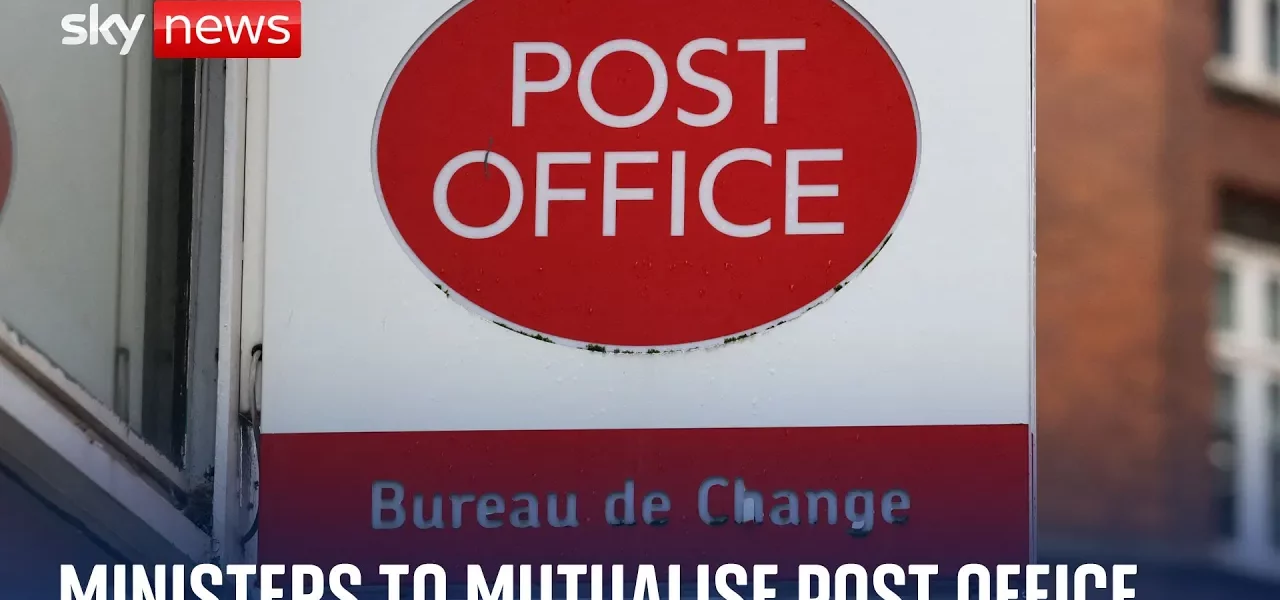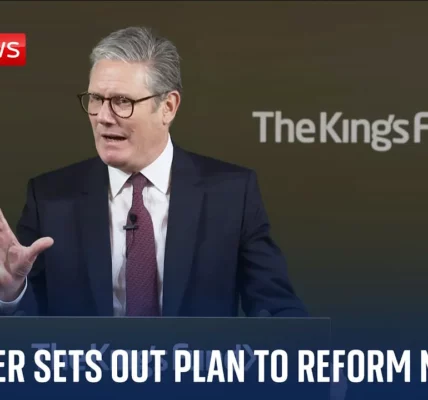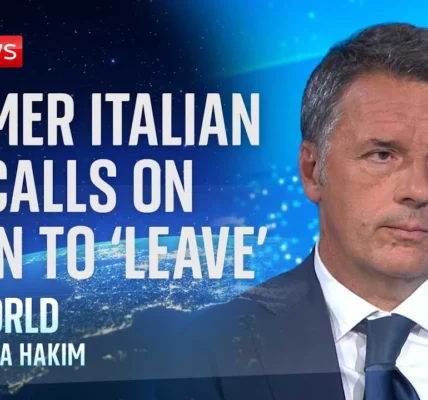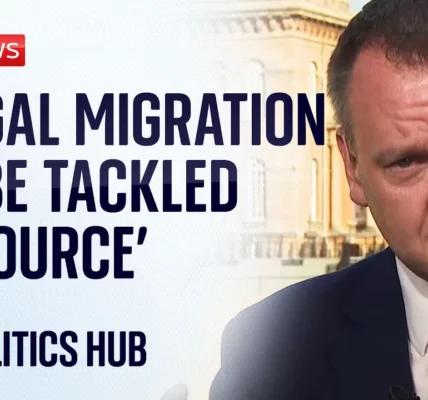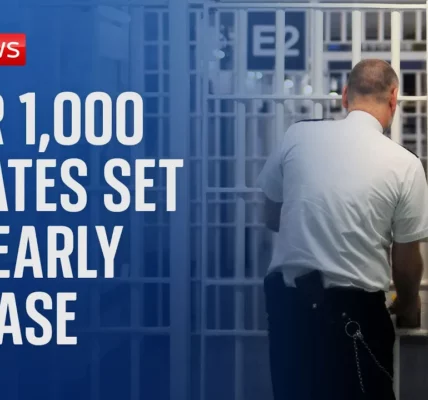Former Sub Postmaster Vipin Patel Discusses Ownership Transfer and Post Office Crisis

In a significant turn of events, former sub postmaster Vipin Patel opens his shop counter daily, now serving as his personal office after his wrongful conviction was quashed in 2020. This article delves into Patel’s insights on the proposed transfer of post office ownership to sub postmasters and the broader implications of the ongoing Horizon scandal.
Introduction
Vipin Patel, once a sub postmaster wrongfully convicted of theft, continues to advocate for systemic changes within the post office. His story reflects a larger narrative concerning the potential transition of post office ownership to local sub postmasters. The government has engaged consultancy firm BCG to evaluate the feasibility of this ownership model, which could reshape the post office landscape. However, the urgency and effectiveness of such changes remain in question amidst the ongoing fallout from the Horizon scandal.
The Horizon Scandal: A Brief Overview
The Horizon scandal has had devastating effects on many sub postmasters across the UK, leading to wrongful convictions and significant financial losses. This section explores the key aspects of the controversy.
Background of the Horizon Scandal
The Horizon IT system was introduced to streamline accounting processes in post offices but soon became a source of major contention:
- Thousands of sub postmasters reported financial discrepancies.
- The system was blamed for falsely accusing individuals of theft and fraud.
- Many faced criminal charges based on unreliable data.
Impact on Sub Postmasters
The fallout from the scandal has been profound, affecting not only the individuals directly involved but also the post office’s reputation:
- Financial ruin for many sub postmasters, including Vipin Patel.
- Long-term psychological effects on affected individuals.
- Ongoing public inquiries and calls for accountability.
Vipin Patel’s Experience and Insights
Vipin Patel’s journey through the criminal justice system and his subsequent advocacy for change provide a personal perspective on the broader implications of ownership models in the post office.
Wrongful Conviction and Its Aftermath
After being wrongfully convicted of stealing tens of thousands of pounds, Patel’s conviction was quashed in 2020:
- Patel continues to operate his shop, now a personal office.
- He remains active in discussions regarding post office reforms.
Advocacy for Change in Ownership Structure
Patel supports the idea of transferring ownership to sub postmasters, provided it does not impose additional risks:
- Ownership transfer should ensure full governance and accountability.
- It is crucial that sub postmasters receive a living wage.
The Role of Employee Ownership in the Future of the Post Office
The potential shift towards employee ownership raises critical questions about governance and accountability:
Benefits of Employee Ownership
Research from the Employee Ownership Association suggests that employee ownership can benefit various stakeholders:
- Improved job satisfaction and retention among employees.
- Enhanced community engagement and economic stability.
- Greater accountability and responsiveness to employee concerns.
Challenges Ahead
While the idea of employee ownership is appealing, several challenges must be addressed:
- Establishing a viable governance framework.
- Ensuring fair compensation for all involved.
- Overcoming resistance from traditional ownership structures.
Conclusion
Vipin Patel’s experience highlights the urgent need for reform within the post office system. As discussions around transferring ownership to sub postmasters gain traction, it is crucial to prioritize effective governance, accountability, and fair compensation. The government’s ongoing evaluation of this proposal could pave the way for a more equitable and efficient post office system. For those interested in the future of the post office and employee ownership, staying informed and advocating for change is essential.
For further reading, explore our articles on the Horizon scandal and employee ownership models.
“`
